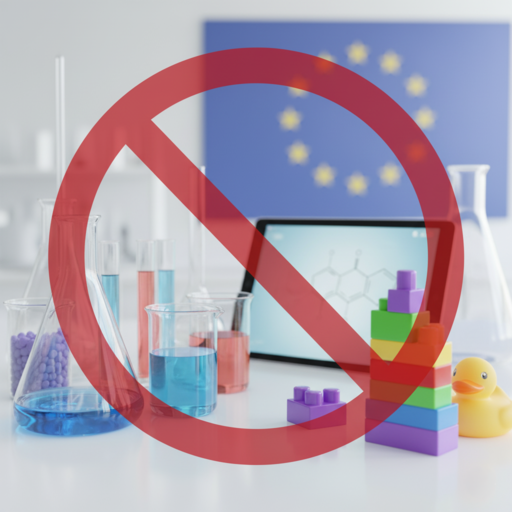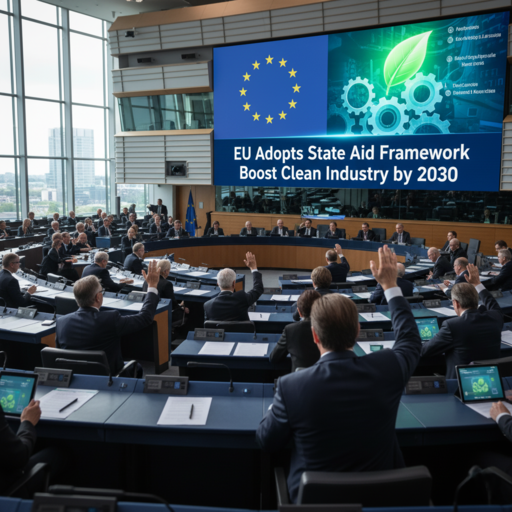
Welcome
to Global PCCS
Global
Leaders in IMDS & CDX
Compliance
Solutions
Empowering Your Journey Toward Sustainable & Compliant Success
As DXC Technology authorized IMDS & CDX Training and consulting partners across India, Vietnam, Australia, Brazil, Canada, Indonesia, and Thailand — we empower your business with expert compliance strategies, sustainable practices, and tailored regulatory training for global success.
20+
Years of Combined Experience in Global Compliance & Sustainability



























